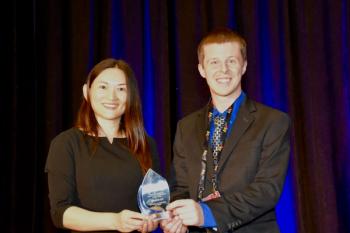
Eurofins to Establish New Facility in Scotland
Eurofins Scientific (Luxembourg), an international group of laboratories, has plans to establish a new pharmaceutical chemistry and microbiology facility in Livingston, Scotland.
Eurofins Scientific (Luxembourg), an international group of laboratories, has plans to establish a new pharmaceutical chemistry and microbiology facility in Livingston, Scotland, as part of a £4 million investment.
The 5800-square meter facility at Brucefield Industry Park will house Eurofin’s biopharmaceutical testing business in the UK, currently based in Edinburgh. The first phase of the project will include the development of 1400 square meters of laboratory space.
As part of the investment, Eurofins BioPharma Product Testing UK will be purchasing a new inductively coupled plasma-mass spectrometry (ICP-MS) instrument, allowing the company to meet growing demand for this service as a result of new International Conference Harmonization (ICH) guidelines and pharmacopeial chapters on testing drugs for elemental impurities. Eurofins will also invest in more high-performance liquid chromatography (HPLC) equipment, increasing that capacity by 40%.
Newsletter
Get essential updates on the latest spectroscopy technologies, regulatory standards, and best practices—subscribe today to Spectroscopy.




